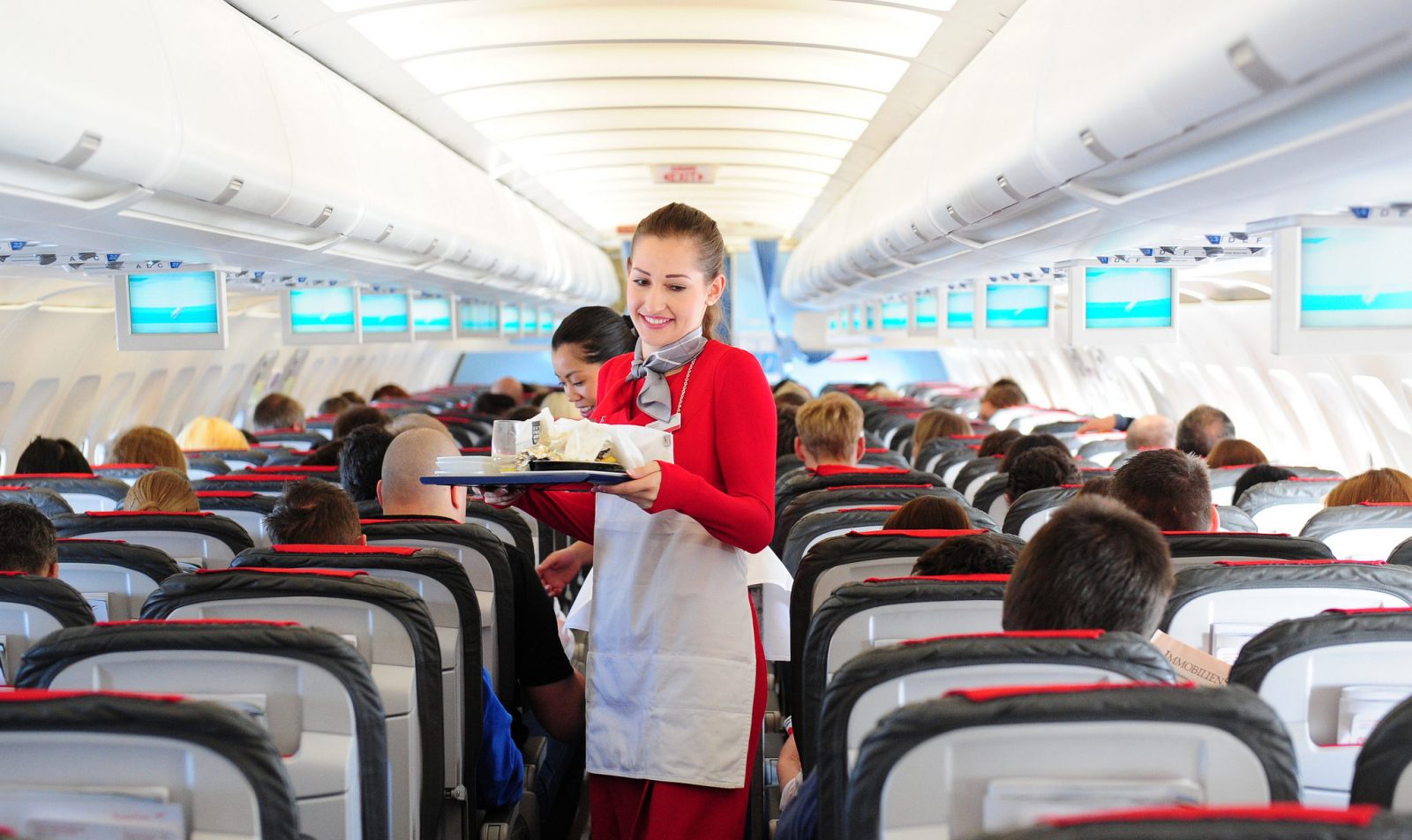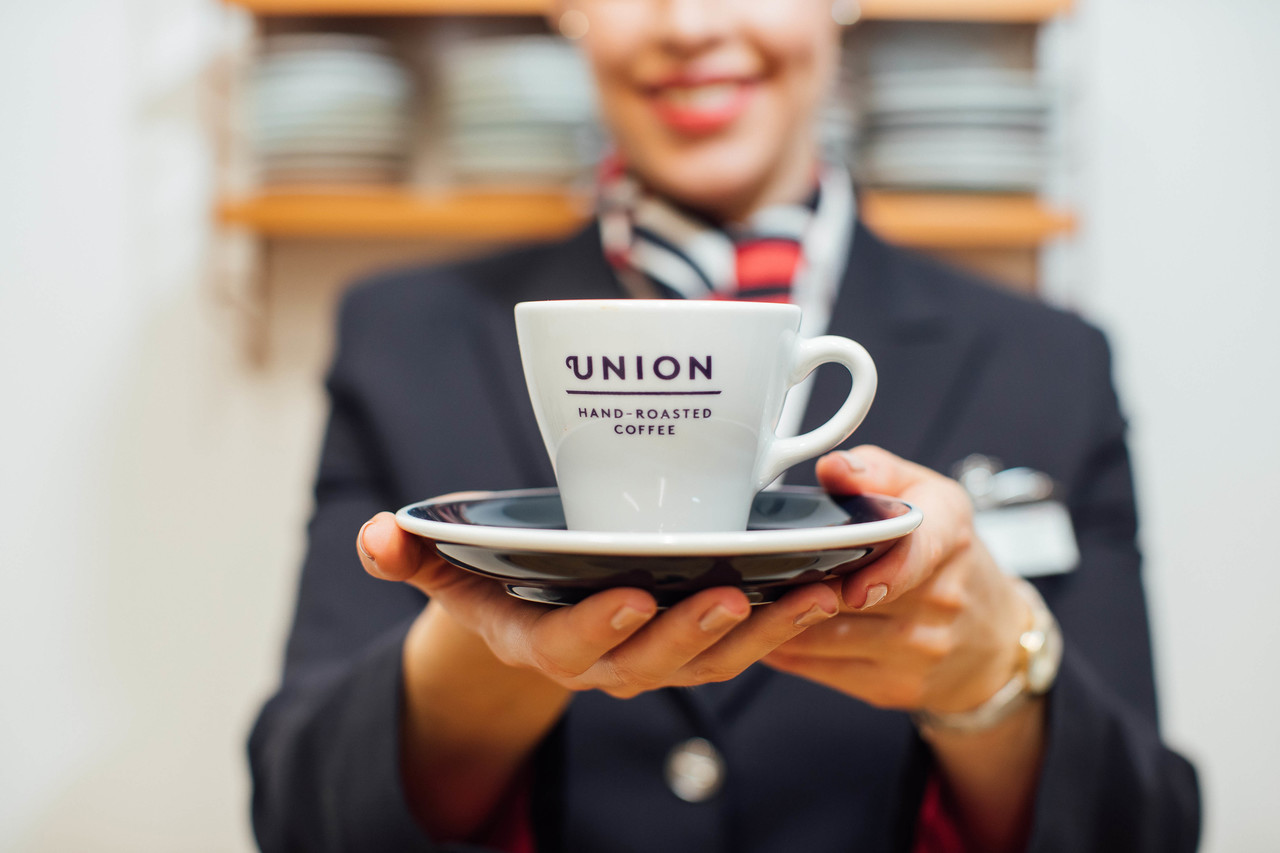
- European Court rules that airlines are liable for injuries caused by “objects used to serve passengers”
- The only get out for airlines is if the injury was caused by a passenger acting negligently
- Case was brought after a 6-year old girl was scolded with hot coffee
- Could airlines now stop serving hot beverages altogether?
A recent ruling by the European Court of Justice means that airlines could take drastic action to stop passengers suing them for injuries resulting from spilt hot drinks like tea and coffee. In some cases, observers speculate whether airlines might stop serving hot drinks altogether to prevent a flood of claims from passengers who have been injured following a simple accident caused in normal flying conditions.
There’s no doubt that flying and hot water can sometimes be a very bad mix – in June, for example, video emerged of severe turbulence suddenly hitting an ALK Airlines flight from Pristina to Basel in Switzerland. A flight attendant was flung into the air, hitting the ceiling when the aircraft suddenly and unexpectedly dropped altitude.

Scolding water from a teapot was also sent flying through the air, burning several passengers in the process. The seatbelt signs were on at the time but the flight attendant had been trying to collect glasses and hot beverage cups when the turbulence became markedly worse.
No wonder, then, that an increasing number of airline simply won’t serve hot drinks when the seatbelt sign has been switched on for fear that turbulence could result in a nasty injury.
But it’s not just severe turbulence that can result in a serious scold through no fault of the passenger. Back in 2015, a 6-year old girl was travelling with her family onboard a flight from Mallorca to Vienna with now-bankrupt Austrian airline Luada.
During the flight, her father ordered a cup of coffee and the flight attendant placed it on the tray table – at this point, the coffee cup tipped over and hot coffee spilt over the girl’s chest, causing her second-degree burning. It was a simple accident but was the airline responsible?
The family believed so, arguing that either a defect in the tray table or “normal vibration” of the aircraft was to blame. They filed a claim under Article 17(1) of the Montreal Convention which makes airlines “liable for damages sustained in case of death or bodily injury of a passenger” when there’s been an accident.

Unfortunately, the authors of the Montreal Convention never saw fit to define what “accident” meant. In this case, the administrators acting on behalf of the defunct airline’s assets argued an accident needed a “hazard typically associated with aviation” to be present – like, say, severe turbulence – so they weren’t liable for the girl’s injuries.
An Austrian court initially said normal flying could constitute a hazard, leading to an appeal and eventually the case ended up at the European Court of Justice – and now we have a ruling.
The judges determined that an accident for the purposes of Article 17(1) of the Montreal Convention “covers all situations occurring on board an aircraft in which an object used when serving passengers has caused bodily injury to a passenger”. Which means that claimants don’t need to prove a hazard was present and only that their own negligence didn’t cause the accident.
Simply put, any accident resulting in injury (or even death) from objects used to serve passengers will potentially make the airline liable for damages. The only apparent get out for an airline is if the accident or injury was caused by a passenger acting negligently so the scope here is wide open.
No doubt this is an important piece of case law that airlines will be studying carefully – and it’s not just European airlines that need to pay attention. Any airline that flies to or from Europe will also need to consider this ruling and how it affects their in-flight service.
Some airlines may simply study the number of scolding incidents that occur on their aircraft each year and write off part of their budget for such claims. Others may take mitigating actions like placing lids on their coffee cups while at the extreme end, just maybe, an airline might stop serving hot beverages altogether.
Related
Mateusz Maszczynski honed his skills as an international flight attendant at the most prominent airline in the Middle East and has been flying ever since... most recently for a well known European airline. Matt is passionate about the aviation industry and has become an expert in passenger experience and human-centric stories. Always keeping an ear close to the ground, Matt's industry insights, analysis and news coverage is frequently relied upon by some of the biggest names in journalism.







